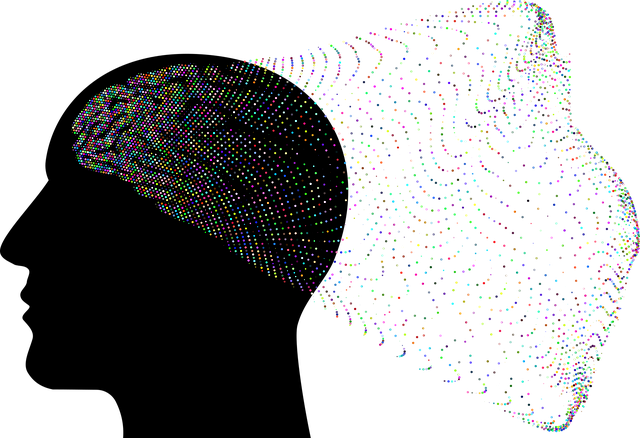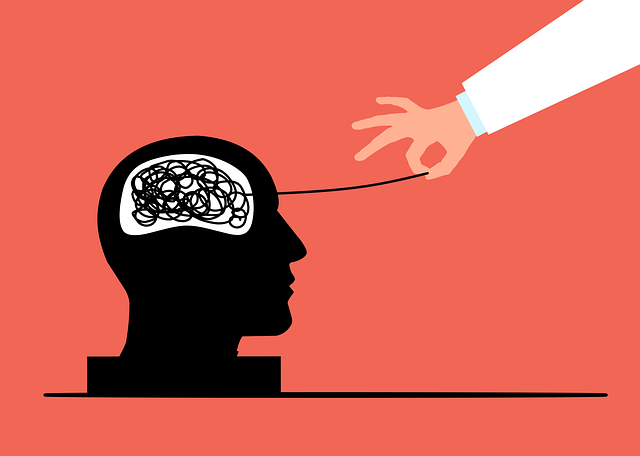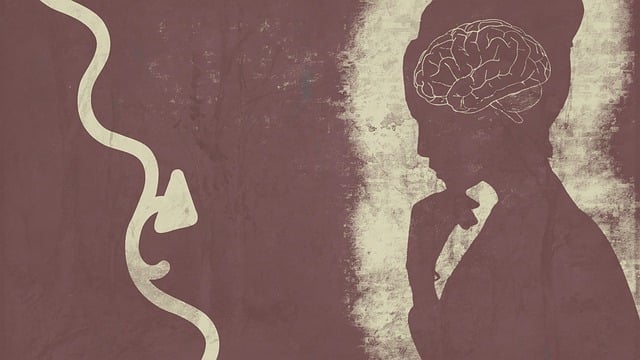Mental illness diagnosis faces challenges like diverse conditions, stigma, and misconceptions, leading to delays or misdiagnoses. Castle Rock Bilingual Therapy addresses these issues by integrating Mindfulness Meditation, Mood Management, and Stress Reduction techniques for comprehensive, culture-tailored evaluations. This innovative approach combines therapy with linguistic expertise, improving patient communication and diagnosis accuracy, while Community Outreach Programs facilitate early intervention, reduce stigma, and expand access to mental health services.
Mental illness diagnosis accuracy is a critical aspect of patient care, yet challenges like cultural barriers and stigma hinder effective assessment. This article explores strategies aimed at improving diagnostic precision, focusing on innovative approaches such as Castle Rock Bilingual Therapy, which addresses language and cultural disparities. We delve into understanding the challenges, examining successful models, and implementing strategies for continuous improvement in mental health diagnosis, emphasizing the role of culturally sensitive practices.
- Understanding the Challenges: Overcoming Barriers to Accurate Diagnosis
- Castle Rock Bilingual Therapy: A Novel Approach to Enhance Diagnosis Accuracy
- Implementation and Impact: Strategies for Continuous Improvement in Mental Health Diagnosis
Understanding the Challenges: Overcoming Barriers to Accurate Diagnosis

Mental illness diagnosis is a complex process, often hindered by various barriers that can significantly impact accuracy. One major challenge lies in the diverse and nuanced nature of psychological conditions, which require careful assessment and specialized knowledge to navigate. Misconceptions and stigma surrounding mental health issues can create an additional layer of complexity, leading to delays or misdiagnoses. For instance, symptoms might be attributed to cultural or social factors, rather than explored as potential indicators of a deeper issue.
At Castle Rock Bilingual Therapy, we recognize these challenges and strive to enhance diagnosis accuracy through innovative approaches. By integrating practices like Mindfulness Meditation, promoting Mood Management techniques, and teaching effective Stress Reduction Methods, our therapists aim to provide comprehensive evaluations. We believe that addressing the barriers to accurate diagnosis is crucial in ensuring individuals receive appropriate care and support for their unique mental health needs.
Castle Rock Bilingual Therapy: A Novel Approach to Enhance Diagnosis Accuracy

In the realm of mental health diagnosis, Castle Rock Bilingual Therapy emerges as a novel and promising approach designed to significantly enhance accuracy. This innovative therapy acknowledges the intricate relationship between language, culture, and mental wellness. By incorporating bilingual practices, therapists can improve communication strategies, fostering a deeper understanding of patients’ experiences and symptoms. This, in turn, leads to more precise diagnoses, tailored to individual cultural contexts.
The therapy goes beyond words on a page by integrating self-awareness exercises that encourage individuals to express their feelings and thoughts in their native language. Coupled with this is the development of a personalized self-care routine for better mental health, enabling patients to actively participate in managing their conditions. These strategies collectively contribute to bridging cultural gaps and enhancing the overall diagnostic process, ensuring more effective treatment plans.
Implementation and Impact: Strategies for Continuous Improvement in Mental Health Diagnosis

The accuracy of mental illness diagnoses is a multifaceted challenge that requires continuous improvement efforts. One promising strategy is the implementation of a Castle Rock Bilingual Therapy program, which combines specialized therapy with linguistic expertise to address cultural and language barriers commonly encountered in mental health care. This approach not only boosts confidence among both therapists and patients but also enhances the overall accuracy of diagnoses by fostering better communication and understanding.
Additionally, Community Outreach Programs Implementation plays a pivotal role in early intervention and prevention strategies, reaching underserved populations. These programs aim to promote mental health awareness, destigmatize therapy, and facilitate access to essential services. By integrating these initiatives with evidence-based practices, the emotional healing processes can be significantly improved, leading to more accurate and effective long-term care.
Mental illness diagnosis accuracy is a multifaceted challenge that requires innovative solutions. The article has explored both traditional barriers to accurate assessment and novel approaches like Castle Rock Bilingual Therapy, which demonstrates the potential for improving diagnostic practices. By implementing strategic improvements outlined in this piece, mental health professionals can enhance patient outcomes through timely and effective interventions. Continued research and collaboration are essential to refining these methods, ultimately fostering a more inclusive and effective mental health care system.








